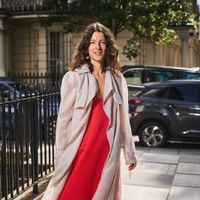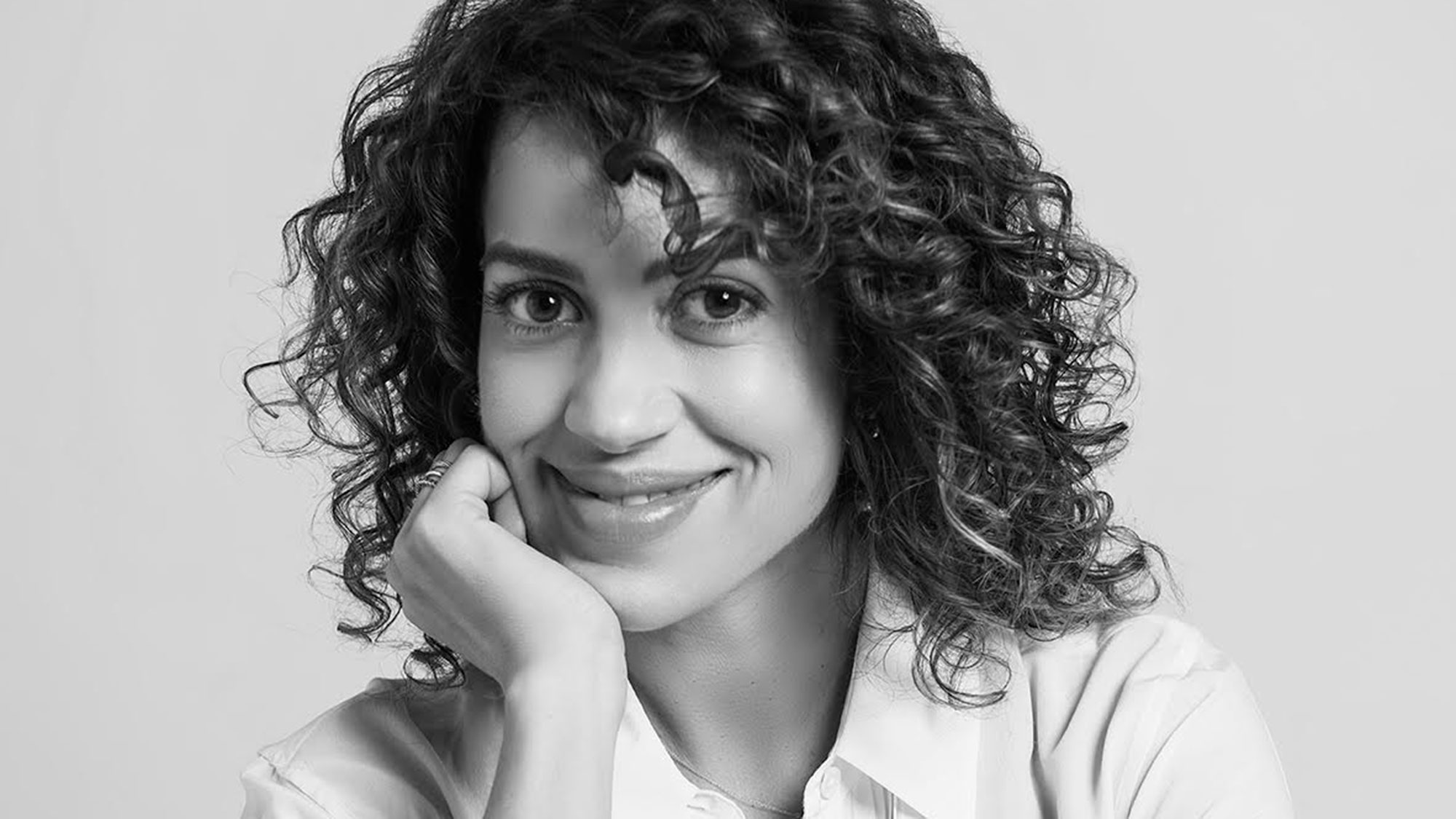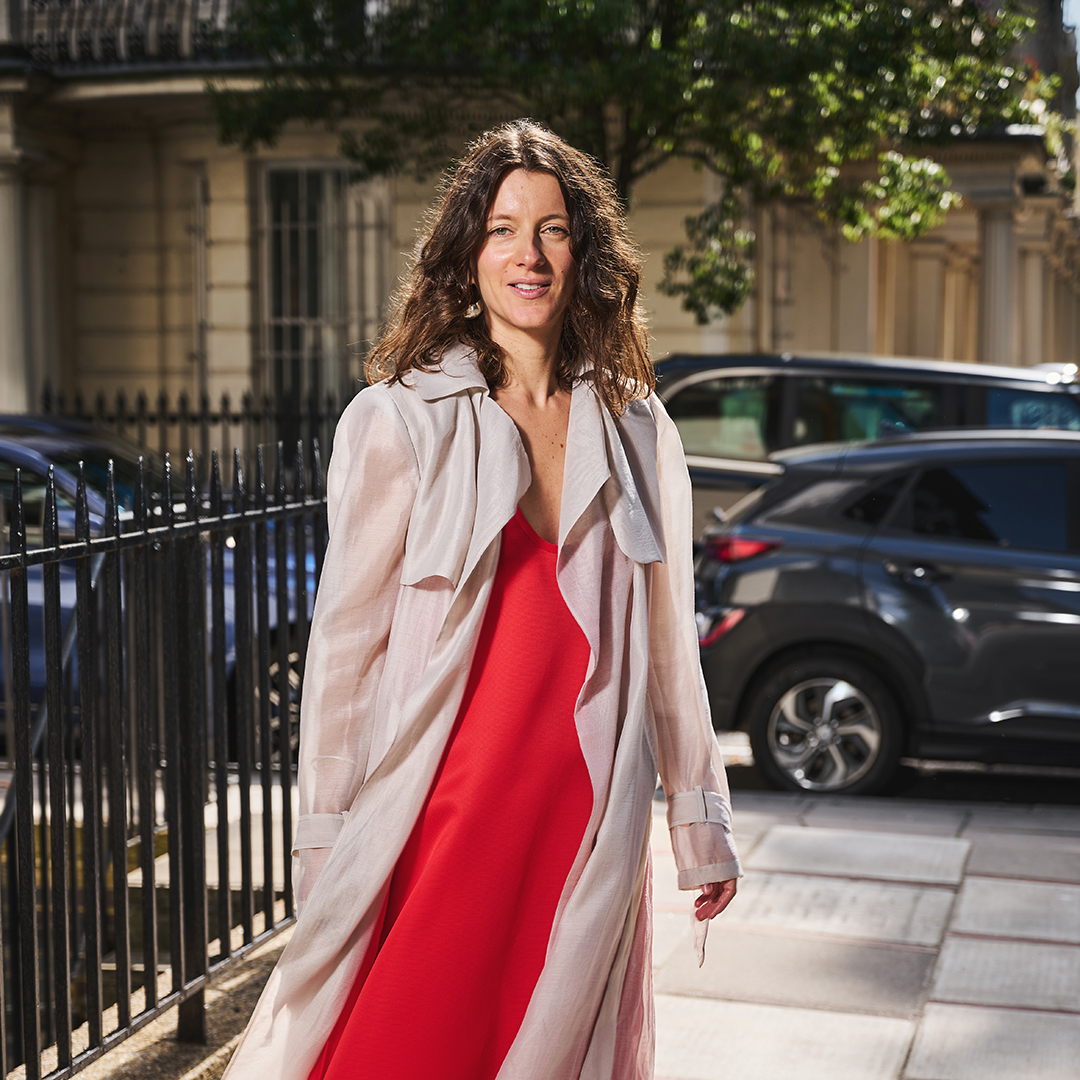This sustainable fashion expert tells us how we too can make a difference


As the director of sustainability and global communications at luxury Italian e-tailer LuisaViaRoma, Maria Fernanda Hernandez knows a thing or two about sustainable fashion. She spearheaded its dedicated sustainable platform, LVRSustainable, and is constantly looking at ways to improve the industry's carbon footprint.
Here, she tells us what it takes to change our way of buying and thinking, and what small things we can do to help.
What is your background?
My background is in law, human rights and international negotiations, I have a masters degree in digital marketing and PR, and specialisation in business sustainability management from Cambridge. I have been living for work reasons in several countries such as Spain, Italy, Canada, Mexico and Switzerland, which has given me a broad perspective of multicultural and global businesses, and has been essential for the initiatives and vision I have of business.
What does your job involve?
It is tough to explain in a few words. I would say it's essential to have eyes on all aspects of a retail business in order to direct and create a sustainable fashion luxury platform from scratch. My legal and business background and knowledge of guidelines and certifications linked to the sustainable field has been essential to build this platform.
My job involves networking and building partnerships that are essential in sustainability, for example with the media, founders and CEOs, as well as developing a sustainable marketing strategy to boost sales and show the value of sustainable shopping. I also work with non-profit and renowned foundations to create social projects.
Day-to-day projects can include anything from supply chain direction on sustainability, activations on environment commitment, social projects, company engagement presentations, brand reputation proposals etc.
How do you source and choose sustainable brands for LVR?
We are talking about fashion, design and beauty, so first off the brand should be attractive, innovative, unique and cool, then in parallel it should show a commitment to a sustainable practice. This should include environmental protection, but also ethical values that protect people's rights and welfare.
Celebrity news, beauty, fashion advice, and fascinating features, delivered straight to your inbox!
This way, clients aren't buying into a trend, but into a unique, long-lasting product for their closets, body or home. They're also fostering a conscious business that will impact the earth and people working behind the product they are buying. In short, they're complicit in creating a better world.
Do you think the pandemic has accelerated our desire to be more sustainable with fashion?
Totally, I think this trend was already growing very fast, mostly in Millenials and Generation Z customers, but with the pandemic, it was a surprising consequence on customers. They want to know how a brand impacts the environment and what its social values are, before giving their money and trust to them.
What projects do you have coming up?
There are several projects I am creating with amazing conscious brands for great collections, partnerships with important organisations that support emerging talents, a project with Oxfam for a great social cause. I can't wait to share them with you.
What can everyone do to be more sustainable in the future?
Each one of us has a huge power to impact nature in a better way and promote a better society. Sometimes we think 'it is just me, what can I change?', but really it is a domino effect. For example, by shopping a sustainable product, you are not just adding a timeless piece to your closet, you are protecting the families working in the production of that item. They are paid fairly and they could pay for their family's health and education.
You can carry your bottle of water instead of buying plastic bottles every time you're thirsty. All restaurants should provide clean tap water in developed countries, instead of bringing a plastic or crystal bottle without even asking the client for their choice.
From a social perspective, treat people with respect and dignity, we should thank and appreciate all the people that bring us a service. Happy people create a happier world.
We all should think, 'are we generating or degenerating our planet with our consumption choices?' - the world of the future will be created by our current and everyday decisions and consumption choices!

Penny Goldstone is the Contributing Fashion Editor at Marie Claire UK. She writes about catwalk trends and the latest high street and Instagram sartorial must-haves. She also helms the Women Who Win franchise.
She has worked in fashion for over 10 years, contributing to publications such as Cosmopolitan, Red, Good Housekeeping, and Stylist.